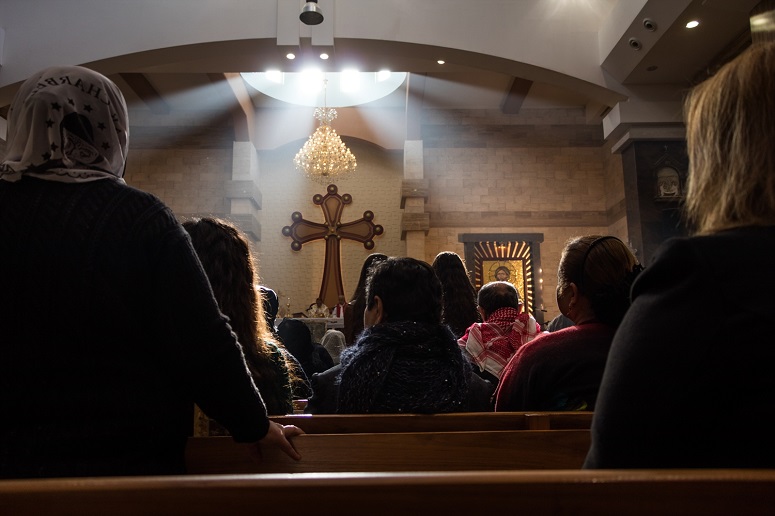
The European Centre for Law and Justice (ECLJ) is appealing to the United Nations to recognise the persecution of Christians in Iraq and Syria as “genocide”, reports the US-based National Review.
The ECLJ, an affiliate of the American Center for Law and Justice, said a “genocide” declaration is necessary to ensure victims are given access to aid and to provide the UN with the power to “fully halt the genocide and fulfil its responsibility to protect the victims”.
“The UN must defend the rights of all religious minorities, including the Christians in Iraq, Syria, and any other place where ISIS has been engaging in genocide, without delay,” it said. “The very mission of this organisation requires nothing less.”
The UN has been reluctant to use the word “genocide” for the atrocities perpetrated by IS against Christians and Yazidis, although it did appoint a special advisor and ordered an investigation to collect evidence of genocide.
In January, the Dutch government said “sufficient facts have been established to judge that [IS is most likely guilty of genocide and crimes against humanity”. It added that the obligations under the 1948 UN Convention on Prevention and Punishment of the Crime of Genocide applied to IS’s atrocities.
Then in March the US Ambassador-at-large for International Religious Freedom, Sam Brownback, said gave his own backing to a “genocide” definition for the Islamic State group’s atrocities against religious minorities.
Last week, human rights activist Ewelina Ochab said that “if a state does not recognise … genocide, the state will treat refugees for resettlement ‘alike’, rather than taking proactive steps to ensure that the remnants of the persecuted minority group survive”.
Meanwhile the EU’s Special Envoy for the promotion of freedom of religion, Jan Figeľ, has called for the creation of an international day for the victims of religious persecution.